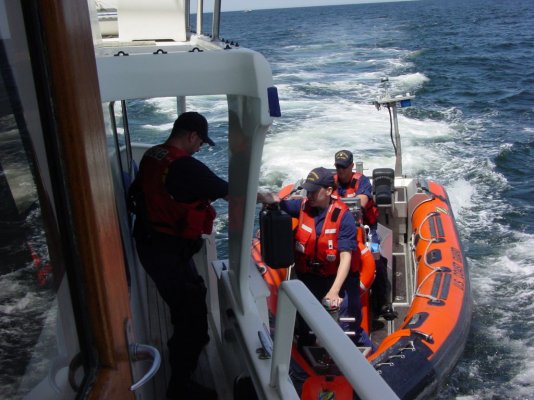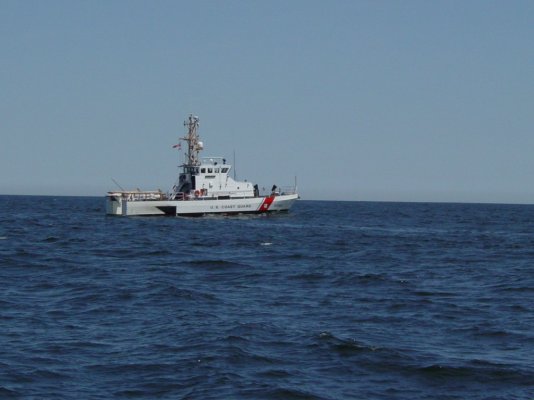Delia Rosa
Senior Member
- Joined
- Jan 20, 2011
- Messages
- 372
- Location
- Canada
- Vessel Name
- Delia Rosa
- Vessel Make
- C & L Sea Ranger 47 Raised Pilothouse
Doug, I thought paper charts were mandatory too, however there seems to be a slight change in the rules. *It appears that charts may now be in electronic form if displayed on an ECDIS using ENC or RNC but there must be a back-up arrangement in the case of failure of the ECDIS.* This back-up arrangement must be a completely separate electronic system meeting approved IMO performance standards or the backup can be the aforementioned paper charts!Doug wrote:
Not sure about the US but in Canada you are required to carry the most recent editions of largest scale chart of the areas you are navigating. Charts must be paper. ENCs or RNCs on a chartplotter to not suffice.*
For smaller vessels this requirement may be waived if the skipper can prove he has extensive local knowledge (shipping routes, lights, buoys and marks, and prevailing navigational conditions)
I suspect it would be hard* to prove to your insurance company that you had sufficient local knowledge after hitting a rock without the appropriate charts onboard.
*


